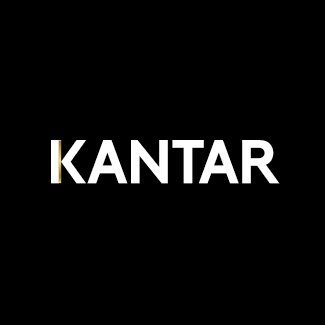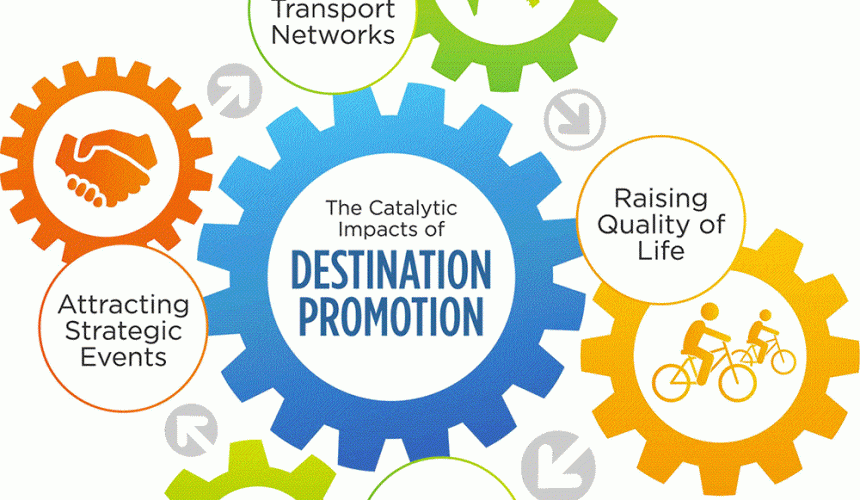Nigeria’s Ad industry must safeguard its intellectual property especially at a time when originality and authenticity have become the currency of creative ideas.
In Nigeria’s bustling creative and advertising scene, creators generate ideas every second. A campaign concept, a visual storyboard, a slogan that sticks—these form the lifeblood of the industry.
But while the nation’s creative minds continue producing original content, a looming threat silently drains revenue and erodes reputation: intellectual property theft.
For an industry built on ideas, failing to protect them equals pouring water into a basket.
This concern demands serious attention, long overdue.
Intellectual property and copyright issues continue challenging the growth of the advertising sector.
Issues of copyright infringement surface frequently, with one brand appearing in the likeness of another.
Nigeria’s creatives must stop leaving their work unprotected with clients, collaborators, or competitors.
At a webinar organized by ARCON, sometimes backin 2023, John Asein, Director of the Nigerian Copyright Institute, noted that reproducing a creative work without the owner’s consent constitutes a criminal act.
Also Read:Mavin-UMG pact will boost intellectual property protection, say experts
He reminded participants that content available online doesn’t automatically become free for use. Copyright, he explained, extends beyond books and music it includes photographs, scripts, artworks, jingles, industrial designs, software, and other expressions born from intellectual effort.
Asein advised advertising agencies and professionals to conduct intellectual property audits to determine which assets qualify for protection. Without this step, many creatives unknowingly expose their ideas to exploitation.
He emphasised that during pitch presentations or while signing contracts with clients, agencies should present their NCC registration details to establish ownership and legal standing.
The NCC boss also underscored the importance of using distinctive names and avoiding generic trademarks. He stated that a trademark goes beyond a label; it represents a product’s origin and quality and must be used carefully—always as a noun, never a verb.
In another development, Corporate lawyer Nosakhae Uwadiae, who also spoke at the webinar, offered agencies a practical path to secure and monetize their creations.
The legal expert described intellectual property as the “bread and butter” of agencies and urged them to register signs, symbols, logos, and other visual elements with the NCC before finalizing agreements with clients.
The luminary fellow explained that licensing enables creators to retain control while earning income from their work. He warned against outdated content showcasing methods like burning ideas onto CDs and called for secure digital exhibition alternatives that deter unauthorized copying.
Uwadiae raised a crucial issue: most infringement cases in Nigeria never make it to court because original creators often fail to register or properly document their work.
He urged creatives to log their work in official copyright journals, which serve as credible evidence during legal action.
Also Read:Experiential agencies should embrace intellectual property protection to stay relevant – Tolulope Medebem
Despite former President Muhammadu Buhari’s signing of the Copyright Act 2022—which repealed the 2004 law and introduced modern protections for digital and online content—the abuse still persists.
The registration process continues to pose challenges. Creative expert Frank Oshodi lamented the long processing time for copyright registrations. He noted that such delays often push clients to proceed without proper clearance, leaving creators behind in the deal.
Oshodi also highlighted a lack of transparency in agency-client relationships. He explained that in many instances, clients continue using or manipulating an agency’s name, product, or concept long after the contract ends. He called for stronger enforcement mechanisms and greater awareness of contract boundaries to protect both creators and clients.
Also Read:Why strategic communication is the next vanguard — Ogunwumi
Brand protection remains another challenge in today’s digital economy. Counterfeiting now poses both a legal problem and a threat to reputation and customer trust. Copycats increasingly target creators, duplicating logos, names, and designs to deceive consumers. If unchecked, such actions can cripple a brand’s value.
Rogue websites, impersonation accounts, and trademark squatters further complicate the digital landscape. These entities claim domain names or build look-alike sites to exploit established brands. Advertising professionals must remain vigilant and act swiftly against these forms of brand abuse before they spiral out of control.
During another webinar session, Ifeanyi Okonkwo, Manager of the Nigeria & Africa IP Portfolio, emphasized that protecting creative work must remain non-negotiable.
He argued that agencies must go beyond creating content—they must ensure it’s defensible and that clients understand where ownership begins and ends.
He pointed out that too many creators focus solely on craft and neglect the commercial and legal dimensions of their work until it’s too late.
Dr. Lekan Fadolapo, Director-General of ARCON, illustrated the consequences of unregulated advertising by citing a case where a celebrity endorsed a fraudulent land scheme.
The public, relying on the celebrity’s credibility, bought into the deal. When it collapsed, the celebrity claimed ignorance.
Fadolapo compared this with a similar situation in the United States, where Kim Kardashian was fined $1.2 million and banned from promoting crypto assets after misleading consumers.
He stressed that in both cases, the absence of regulation caused real harm. ARCON’s goal remains to prevent such incidents by enforcing industry standards and holding all players accountable.
Also Read:Agency operators urged to explore benefits of Intellectual Property
Interestingly, the Copyright Act 2022 provides a framework for achieving this goal. It expands authors’ rights, raises infringement penalties, and aligns Nigeria’s copyright regime with international treaties.
The law now equips creators with better tools to fight piracy, claim ownership, and demand compensation for unauthorized use.
In other words, the law alone does not suffice. The industry must meet it halfway by registering works, educating clients, documenting ideas, and using contracts to spell out terms clearly.
So, in a country bursting with talent, the ability to protect ideas has become just as important as the ability to generate them.
The caution remains: professionals must not wait until others steal their work to realise its worth. They must register it. License it. Guard it.
This is because in the business of creativity, what you do not protect, you do not truly own.
During another event organised by DSTV some time ago, while noting reason while piracy has continued to rear its ugly head and continuing to plummet creators career to zero, Victor Okhai, National President, Directors Guild of Nigeria, attributed some of the factors to economic hardship affecting the purchasing power of the users who patronize and encouraged the thriving of pirated contents and lack of awareness on the implication of the menace.
“It has persisted because, like I said, people don’t understand or don’t appreciate the things that people go through. Are the public aware about the damage that this does? it has persisted because there’s not enough education. And again, it has persisted because of corruption, even among those who enforce anti-piracy. And another thing is that we have not been able to successfully and visibly, pursue any piracy case to a logical conclusion. Because, when a person is jailed just for selling one DVD on the road, believe me, the next person will think about it and say to themselves, is it really worth it to go to jail?
He emphasized the need to speak in simple precise language to aid understanding.
It must be relatable. The most important is to be able to reach the most audience in a language they understand and I think that has been the biggest problem with fighting piracy. This is because, the most important fight is not when you can stop it happening, it is not fighting it after it happens, but you can discourage more people by letting them know the adverse effect on the economy
Obafemi Agaba, a lawyer and expert in intellectual property on his part blamed the lack of professional knowledge on the subject on the part of the legal practitioners and advocated for more governmental roles and responsibility. He confirmed the presence of several challenges associated with achieving effective administration and adjudication of laid down laws against infringements and the need for the government to engage in further training for capacity building of its professionals and also boost funding towards the fight against piracy.
ALSO WATCH: MARKETING EDGE ONTV






Comment
No comments found.